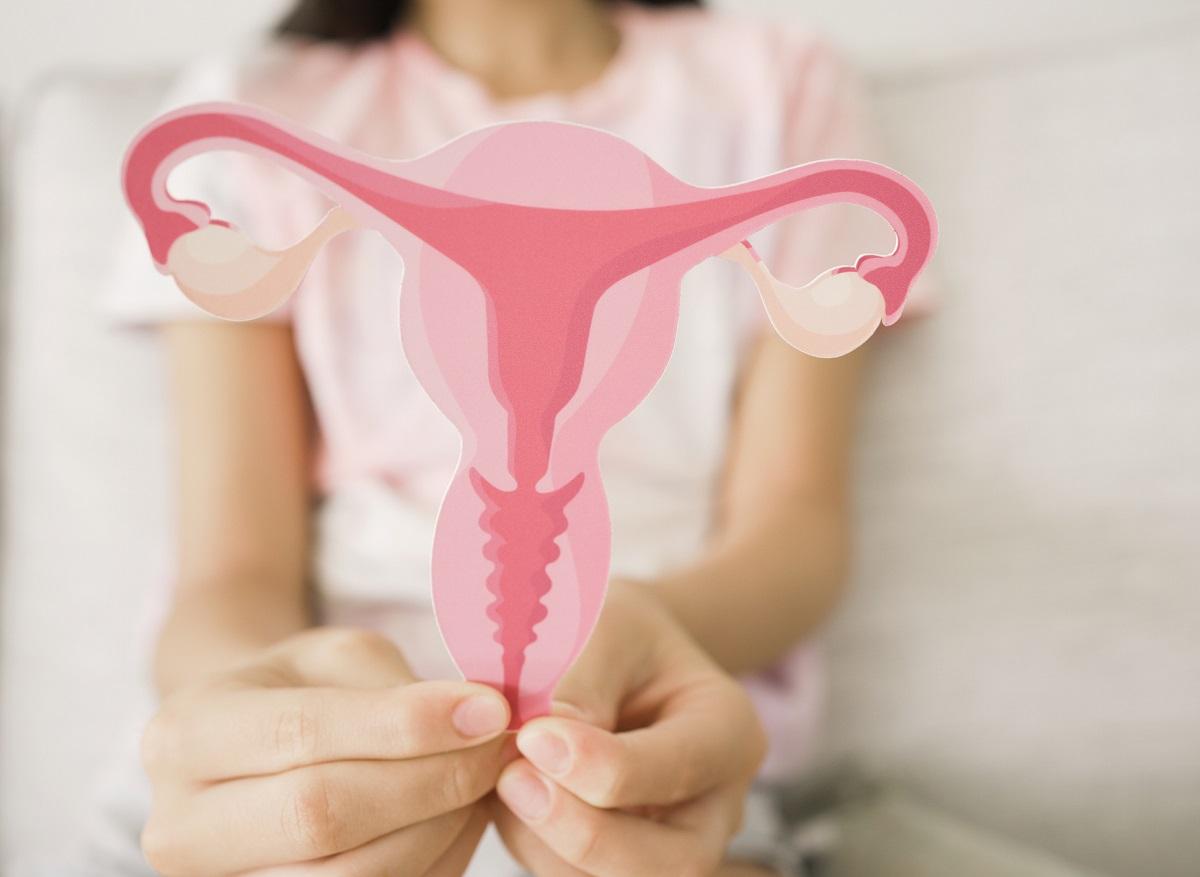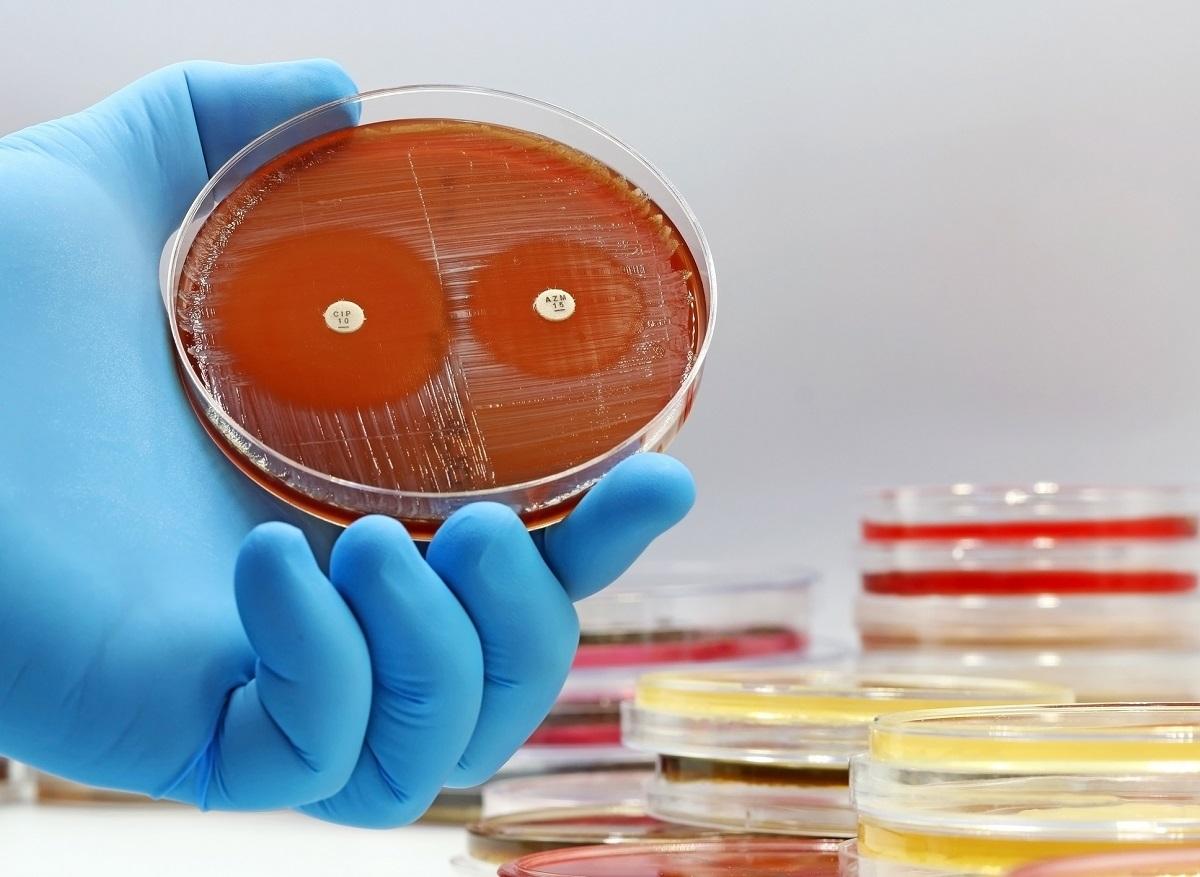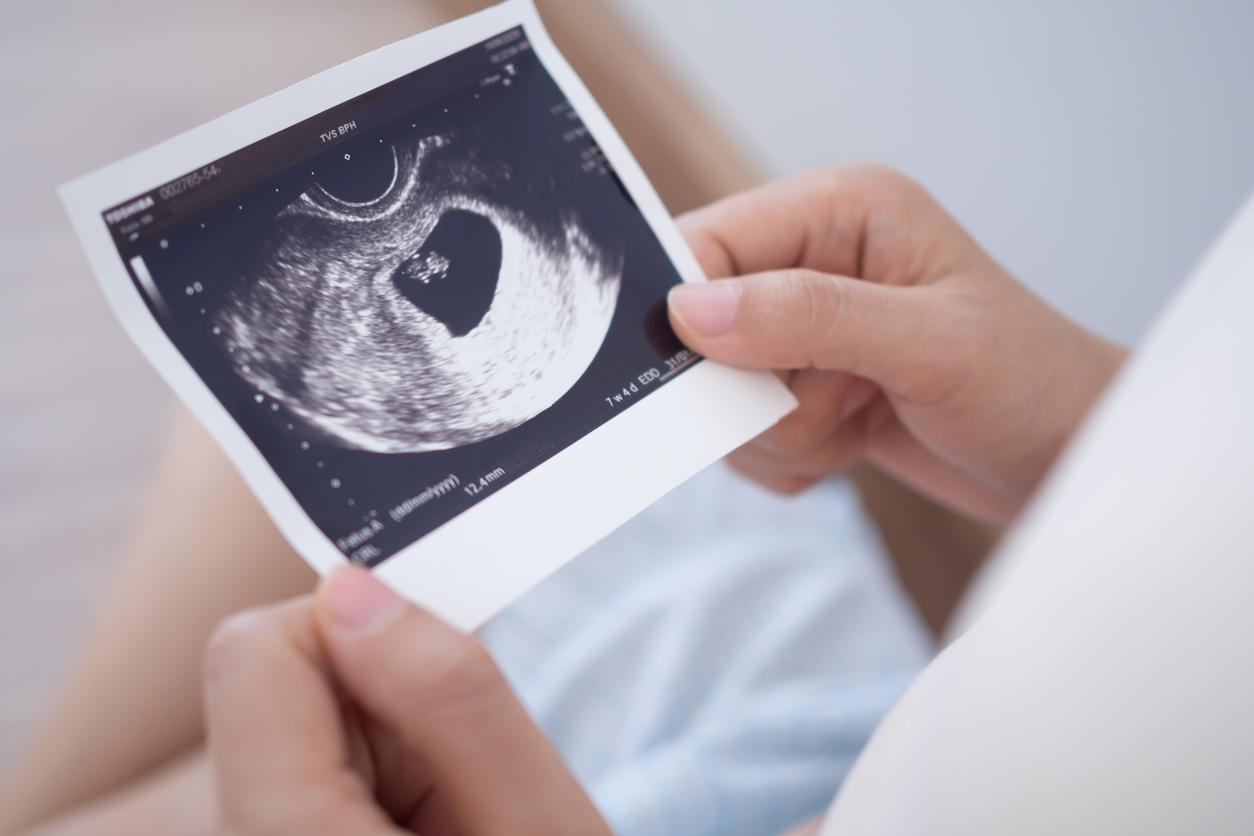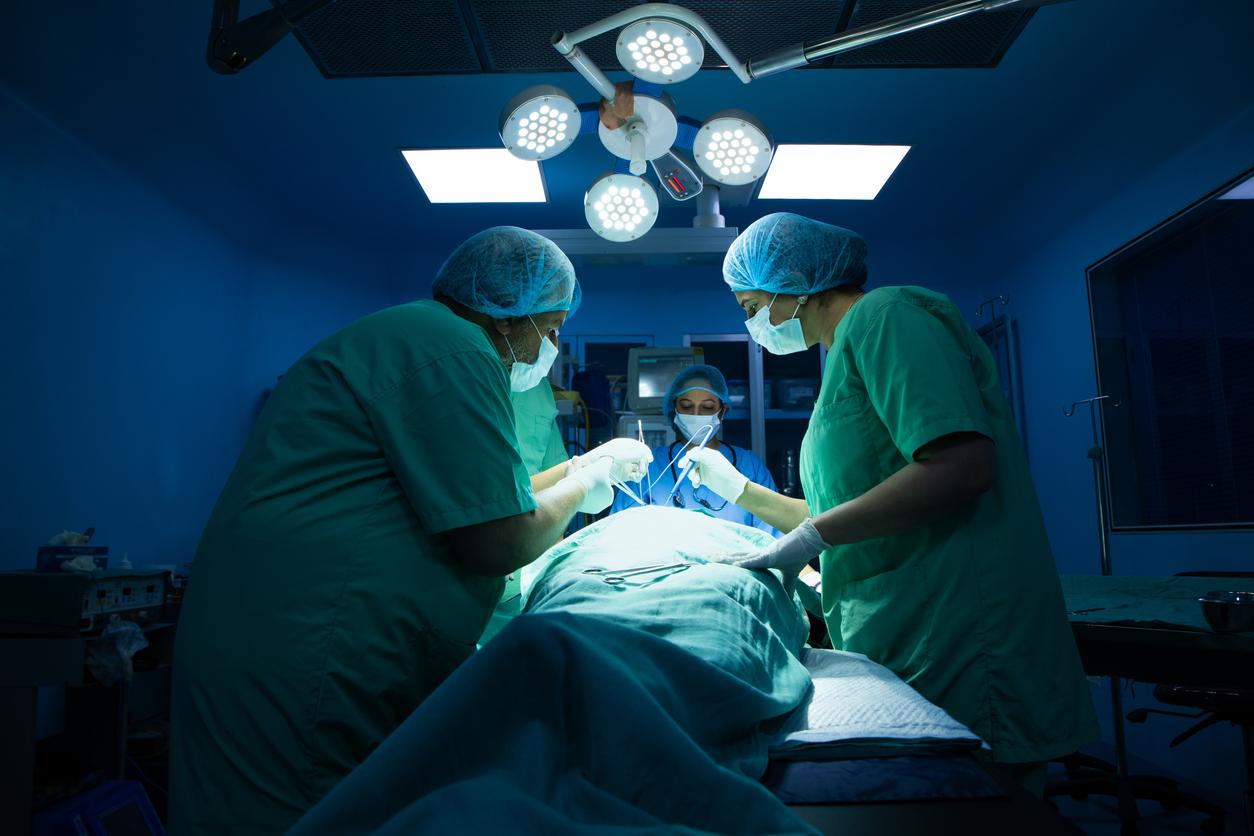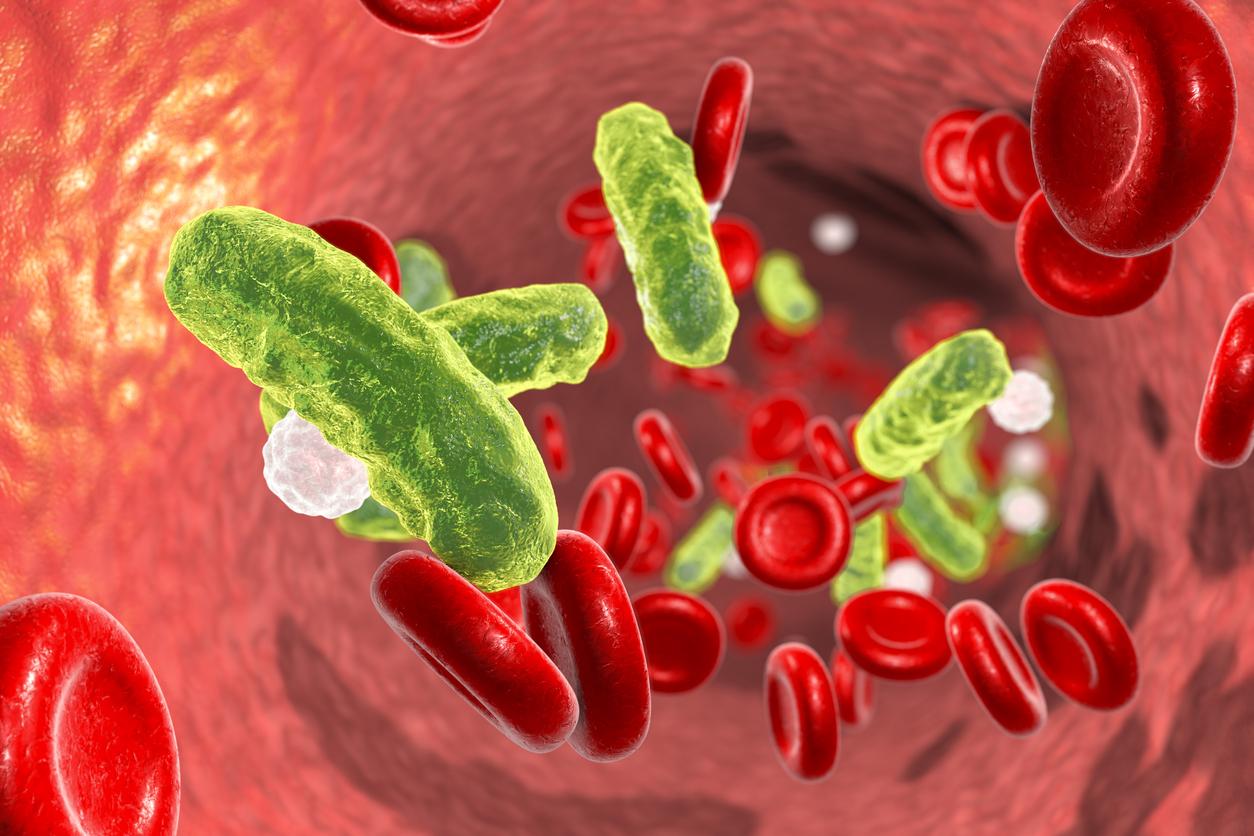Hospitalized in the maternity hospital of Clermont-Ferrand University Hospital, three women were infected with a germ. About sixty patients are on antibiotics.

Clermont-Ferrand University Hospital is facing a nosocomial infection in its maternity hospital. Three mothers who gave birth at the facility over Easter weekend contracted Streptococcus A (Streptococcus agalactiae), a frequent and often benign bacteria, but which can cause high fevers and sometimes involve serious complications. Their baby was not infected, specifies France Blue.
Nosocomial infections are a common scourge in hospitals. Each year in France, more than 750,000 patients contract it, and 4,000 die from it. These infections may be related to patient care, or they may simply occur during hospitalization. The bacteria, fungi or viruses responsible for these infections come from the patient himself or are transported by medical personnel or the hospital environment (medical device, equipment, food, etc.).
Fever
As it happens, streptococcus A is an often harmless germ in healthy carriers. Most of the time, it gives rise to asymptomatic or benign infections (angina, impetigo) but it can nevertheless generate high fevers and invasive infections which are sometimes fatal (toxic shock syndrome, necrotizing fasciitis). People at risk – immunocompromised patients, the elderly… and pregnant women – are more vulnerable to it.
In Clermont-Ferrand, it was the on-call doctor who sounded the alert this weekend, after noticing a feverish outbreak in the three mothers, explains local radio. As a precaution, around sixty women as well as the babies present in the maternity hospital were placed on antibiotics for a three-week course. The condition of the three infected mothers has improved, says the hospital.
Negative tests
An investigation is underway to determine the origin of this infection, as well as a screening operation among maternity staff. This did not result in any positive test, further specify the local media.
The situation “is under control”, assures the health establishment, which doubts the emergence of new infections the short incubation period of the germ. In the department, wearing a mask is still required, in order to avoid the spread of this germ, which is transmitted mainly orally.
.











